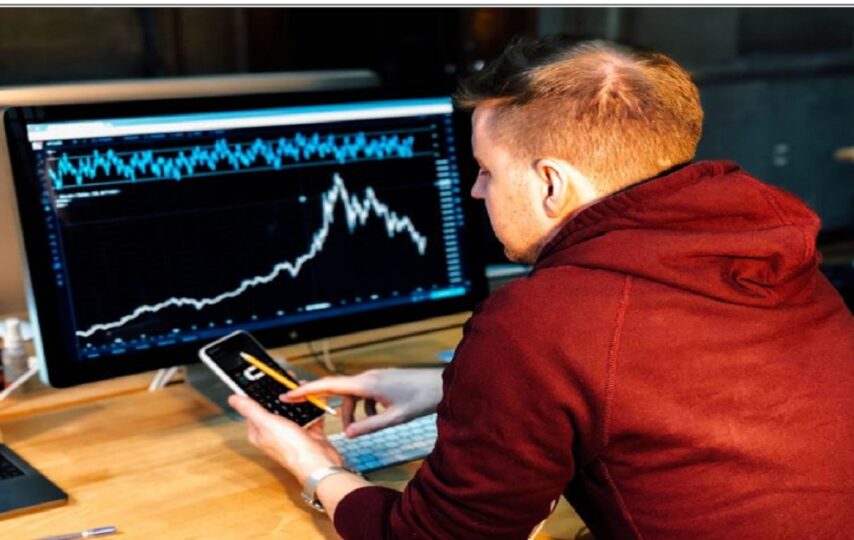Trading commodities is the exchange of multiple assets, often futures contracts, depending on the price of an underlying physical commodity.
Investors place wagers on the future value by purchasing or selling futures contracts. Investors speculate on whether commodity prices will rise or decrease by purchasing some futures contracts and selling others when they believe the price will fall.
Due to ancient civilisations establishing trade channels to exchange their goods, commodity trading predates current financial markets by thousands of years.
1848 marked the beginning of modern commodity trading in the United States when the Chicago Board of Trade opened its doors. Instead of waiting until harvest to lock in grain sales prices, farmers could do so throughout the year when prices were higher. The farmer and the customer were protected against price fluctuations by signing futures contracts.
The commodities market has evolved significantly in recent years. In addition to providing a wide range of commodities, the market is global, with exchanges located worldwide. During the workweek, commodities may be traded almost nonstop.
How to trade Commodity
There are several strategies for commodity trading, each having pros and cons.
Commodity Futures Contracts
Commodity futures trading is the most frequent method of trading. An agreement is made with another investor based on a commodity’s expected future price.
Commodity futures contracts may acquire 10,000 barrels of oil at $45 a barrel in 30 days by signing a contract. You don’t transfer the items at the end of the contract; instead, you take the opposite position on the spot trading market. You’d execute another contract to sell 10,000 barrels of oil at the current market price when the futures contract’s expiration date comes around.
As long as the market price is higher than your contract’s stated price of $45 per barrel, you will benefit. If the price is lower, you will lose money. Contrarily, entering into a futures contract to sell oil would result in profits if the spot price fell, and losses would result if the spot price rose. Before the contract expires, you have the option to terminate your employment at any time.
Set up an account with a particular brokerage firm that specialises in futures trading to get started.
Having an account with a brokerage business that provides futures and options may give traders access to these markets, as a senior commodities broker at Daniels Trading in Chicago, Craig Turner, explains. Commodity futures trading commissions are due every time a position is opened or closed.
Sales of Physical Commodities
Trading futures contracts do not include purchasing or selling the actual commodity. As the name implies, futures traders do not receive the oil or cattle they bet on, but they bet on the price fluctuations to get profits. But for precious metals such as Gold or Silver, the actual commodities, such as gold bars, coins or jewellery, may belong to individual investors.
Commodities Stocks
A third alternative is to invest your money in the shares of a commodities firm. One way to get involved in the oil and grain industries is to invest in the shares of a firm that deals in oil refining or drilling.
The price of the underlying commodity drives these kinds of stock transactions. A rise in oil prices should lead to a rise in the share price of an oil firm.
Commodity stock trading has less risk than investing directly in commodities because the commodity’s price isn’t the only thing you’re wagering on. Well-run companies can still generate money even when the commodity’s value drops. But this is a two-way street. In addition to increasing oil prices, additional variables such as management quality and overall market share can boost the stock price of an oil firm. There isn’t a stock market investment that mirrors the commodity’s price you’re interested in.








